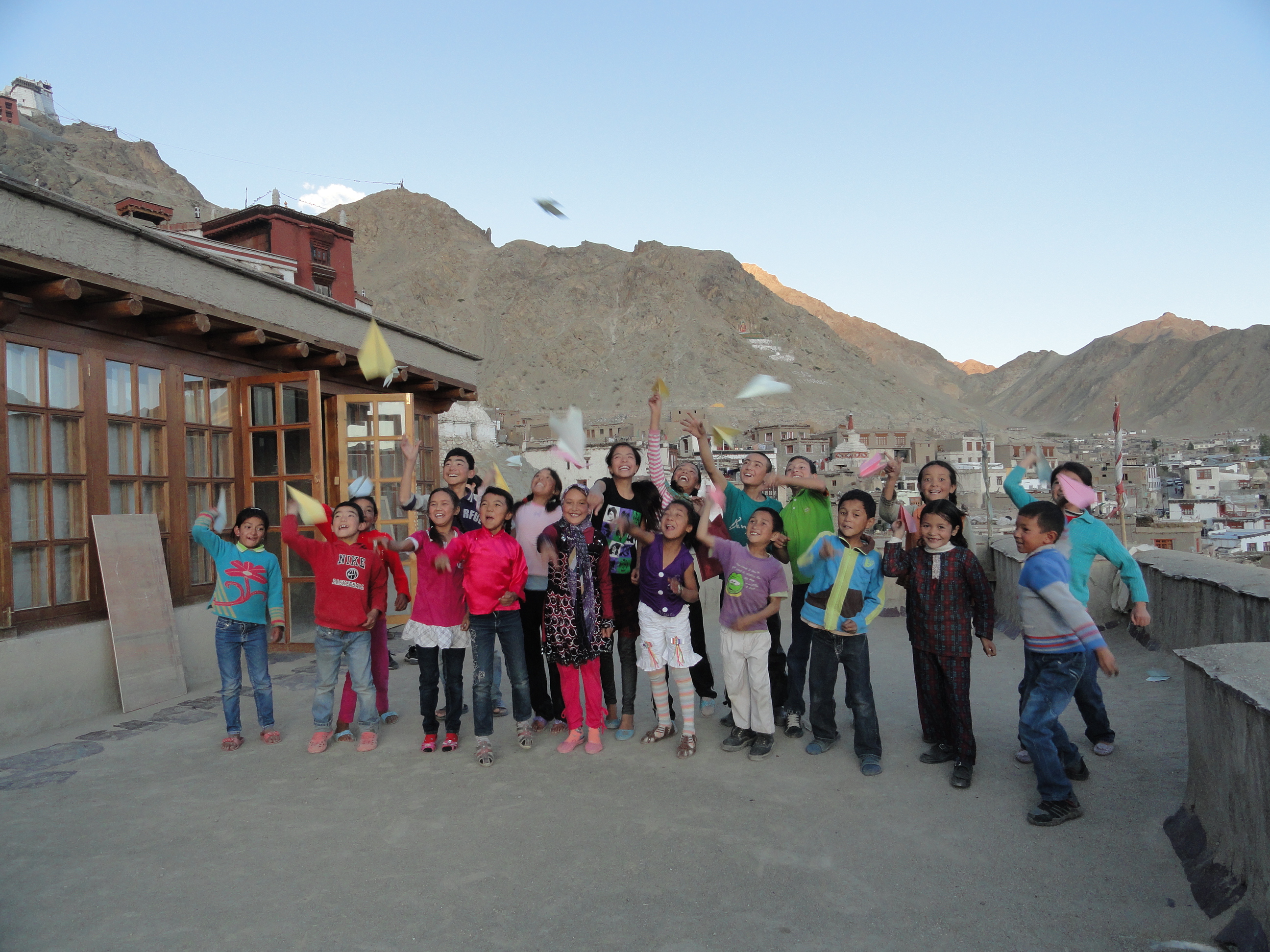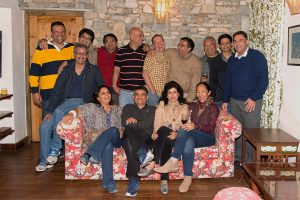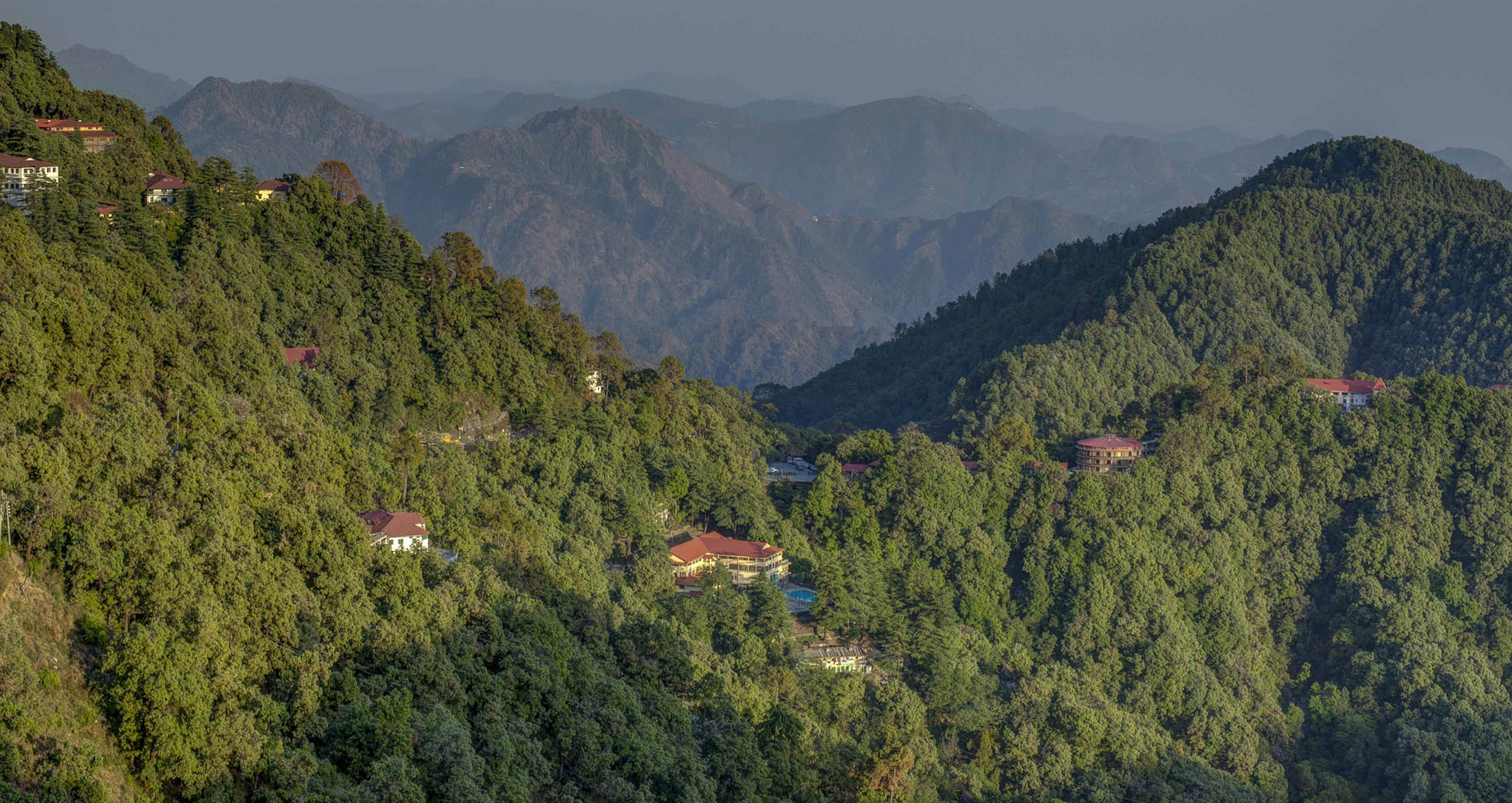
15 Mar Alumni at the Mussoorie Mountain Festival – Monisha Ahmed ’84
What made you want to come back and be a part of the Mussoorie Mountain Festival?
Anupam invited me and said the theme was cultural heritage and since I had been working in this area in Ladakh would I like to speak on this topic. He didn’t even know I was a WS Alumni!
Why do you think it is important for Alumni to continue to be a part of events in Mussoorie?
I don’t think all alumni readily connect to WS, I think it depends on individual experiences and memories of the time they had at WS. So not everyone’s are the same and you can’t expect them to be. For me personally it is also friendships. It’s the friends from WS that I continue to be connected to today that draw me back to WS. Sure the place and the location continue to be amazing, the facilities are fantastic but without my friends it is nothing but an empty shell. We continue to meet and stay in touch, some of us have formed close bonds, … we don’t judge, we respect each other for who we are. When we meet it is almost as if we regress to when we were at WS, the laughs are endless – they remain the best part of our reunions!
I do think it is good for the School to include alumni in their events, also perhaps beyond just events, there are alumni who could contribute much more to the school if they would like to do so – from mentoring students, to taking interns, perhaps even looking at curriculum, or taking classes if they are in Mussoorie, talking to students, etc… Fund-raising again it’s not something all alumni want to contribute to or should feel compelled to. The desire to give back is individual – for me personally I see it as ‘I had a good time at WS, it helped shape where I’m at today and influenced many of the things I’ve done with my life since, I’m happy to give back in some way.’ But this ‘giving back’ doesn’t always have to be monetary.
What are you involved in now that you’re passionate about?
WS, perhaps like most boarding schools, teaches one a sense of independence. But I think WS goes beyond that to stress on individuality, freedom of thought and speech, a fearlessness, thinking for yourself and thinking out of the box, a desire to follow one’s own path (or make ones own path). It demonstrates that life is a journey of discovery, you take all kinds of challenges in your stride, don’t be scared to attempt something new and if there are obstacles in your path they are there to be learnt from and overcome. The plurality of the people makes you appreciate cultural diversity, and probably this led to me studying Anthropology. I was interested in different ways of living, different cultures, etc… I think these are some of the takeaways I took from growing up in my formative years at WS. I don’t think I’d have gone off to teach in a school in Ladakh in my year off from college if it hadn’t been for WS, or gone and lived with nomads for my doctorate dissertation, or had the courage to do something different in Ladakh like set up an organisation and work there.
What is valuable about the WS experience and why we understand each other in a unique way?
I think growing up in a pluralistic and diverse society we respected each other, tried to understand our differences, shared in each others customs and traditions, talk about our different food (got to taste too), clothes, families, where we came from etc… there was always an appreciation of the other, I don’t recall there being too many negative feelings. Leaving WS these thoughts continue to be with you, they shape the way you react to the outside world.
A few questions on your time at Woodstock

Who did you most look up to during your time at Woodstock?
I don’t think I looked up to any one person. At least I can’t remember now. Various teachers influenced me – Mrs Biswas who ran the music department and always took us on hikes with her dog Bhotu, Mr Lugg whose English classes I enjoyed and has probably impacted the writing that I today, Mr Ruddock our history teacher for his eccentricity and instilling a love for the subject, … many more teachers (and dorm parents) who had individual impacts but no one single one stands out.
What were you involved in during your time at Woodstock?
Apart from studies, I enjoyed the outdoors. Trekking, camping … I did a lot of that on weekends, activity week, etc.. I had a group of friends and because were all girls we’d hassle teachers we knew to take us, as we needed chaperones, some would readily oblige. In those days we didn’t even have tents, we just slept outdoors, cooked our food on open fires .. I think nowadays people take kerosene stoves and probably have tents. Also enjoyed art class – I did some weaving there and I think this started off my interest in textiles. I also helped with the Yearbook. I took music and dance – Indian, khatak and flute. Also tried piano and sitar. Was never really any good at music but at least had the opportunity to try. I don’t think we had much community work in those days, or at least if we did there was no specific name given to it. I remember we did some tree planting. It would have been nice if there was more of that, more structured community service.
What do you miss the most?
The place, the tall pine trees, the endless mountains, the light, the crisp air, the clear blue sky, a gurgling stream of clear water you could drink from it, sitting in a dhaba and sipping sweet tea, having a bun omelette in Sam’s chai shop.But mostly also the friendships, the hanging out and walking on the hillside, living together in the dorm, the support that friends gave, the tears and the laughs, the help with studies, the late nights, the mad dash up to school in the mornings so as not to be late for assembly.
The openness of the place (we didn’t have barb wire fencing everywhere like you do now!). And a community that respected differences and doesn’t try and box you in.
Share with us a note on your time in Mussoorie.
The town was certainly less crowded then, less developed. We had favourite places that we’d go to, stops that we’d always make when we went into the bazaar on a Saturday – you ate at one of the dosa shops if you didn’t have much money and at Tavern if you felt a bit richer. The tailor, the grocery shop near the clock tower (forget the name now), stopped off at the shoemaker sometimes, … sometimes just walked around and to camel’s back. And if you didn’t want to go all the way in sometimes we just stopped off at the Tibetan restaurant at the top of Mullingar to eat momos. We looked forward to our Saturdays and it was amazing how we could make the money stretch or maybe money mattered less.






No Comments